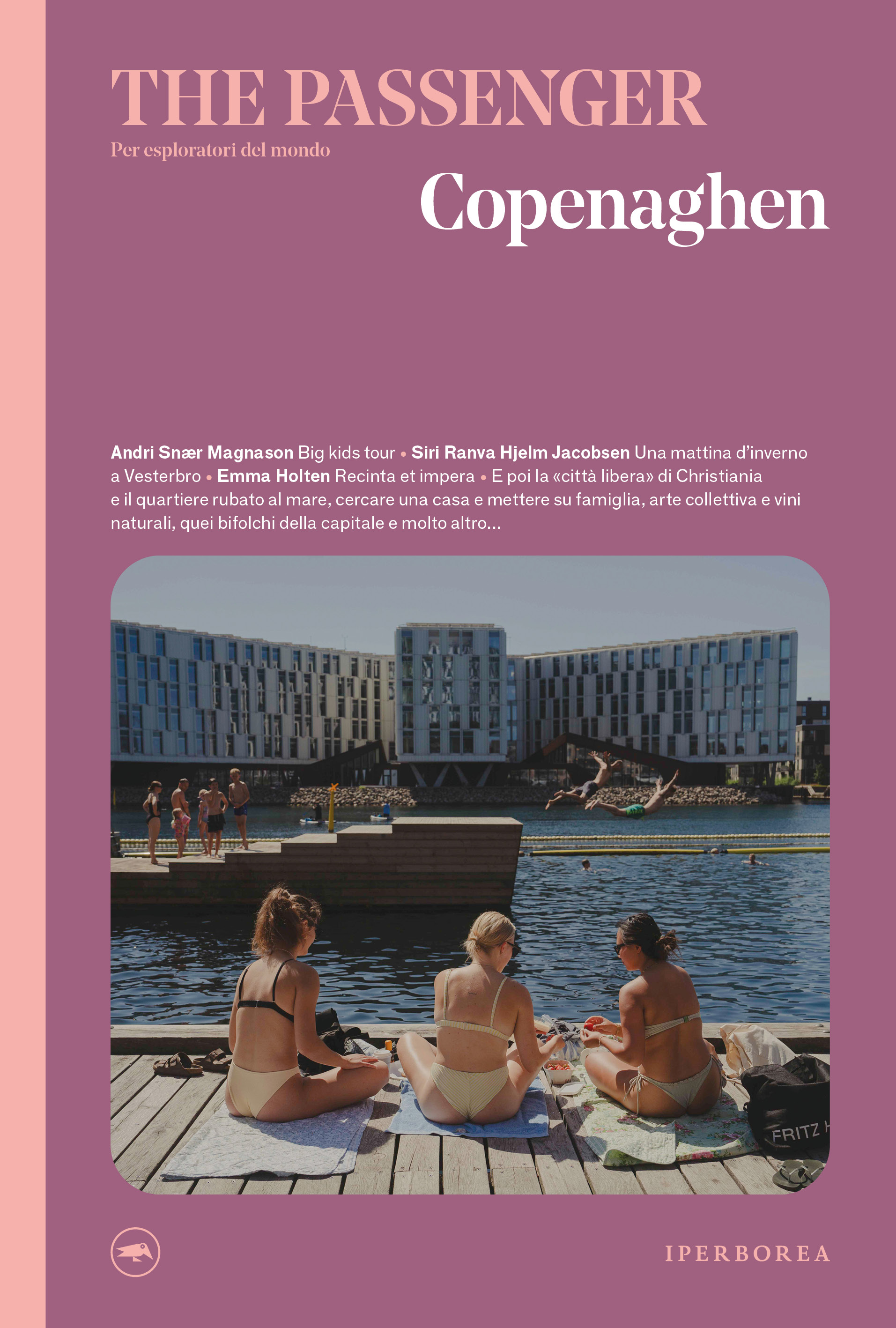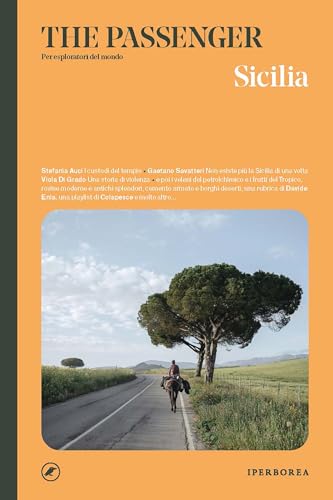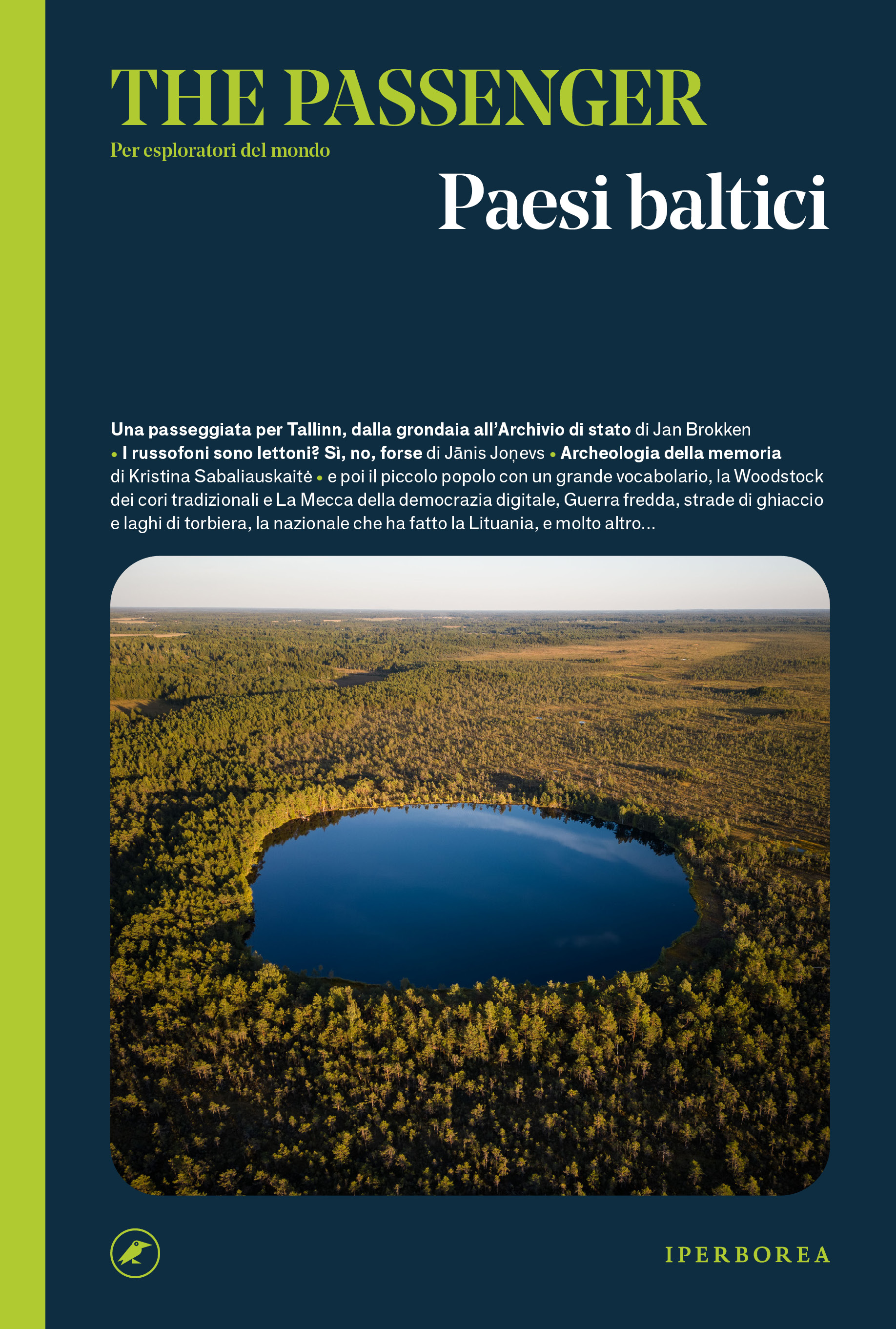
Part of Series
Authors
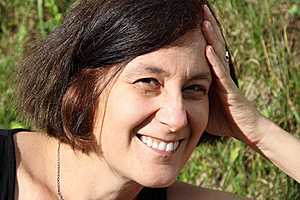
Margherita Carbonaro was born in Milan, Italy, in 1964. She studied Italian Philology and Literature at Milan State University. She has been working for over twenty years in publishing, both as an editor and as a translator from German and English – and presently also from Latvian – for some of Italy’s most prestigious publishing houses. She has translated, among others, works by significant authors such as Thomas Mann, Herta Müller, Max Frisch, Ingo Schulze, Uwe Timm, Pearl S. Buck, Nora Ikstena. Her translation of Zigmunds Skujiņš “Miesas krāsas domino” is scheduled to be published in 2017 by Iperborea Publishing House, Milan. She is also author of a collection of short stories, “La vita è qui / Das Leben ist hier”, Metropol Verlag, Berlin 2012. After having lived for several years in Berlin and Beijing, she lives currently in Italy and Southern Germany.

Jānis Joņevs (1980) is a prose writer. His first novel Jelgava '94 immediately became a cult book among readers. During the TV show Great Reading the novel was chosen among the 100 most favourite Latvian books of all times. It was also praised among critics and received numerous awards. The novel is set in Jelgava town in 1994 and focuses on youngsters who are driven to heavy metal music. Sharing this taste of music and subculture they explore the life through the eyes of their youth. It is a book of a whole generation which experienced their youth in the nineties when Latvia had just regained independence. This novel has been adapted for the theatre performance by Jelgava New Theatre, and currently is being shot as a film. It has been translated into French by Gaїa Editions in 2016 under the title Metal. The translation rights of the novel have been sold to Norway, Bulgaria, Turkey, Poland, and Slovenia. Jānis Joņevs also writes short stories, especially for children. In 2014 publishing house Liels un mazs published his book for the smallest Slepenie svētki/ Secret Celebration. Joņevs translates from French – A. Kristoff's The Notebook, and B. M. Kolté's In the Solitude of Cotton Fields. Jānis Joņevs together with Mārcis Lācis have written a play for the black comedy theatre performance Bārdas/The Beards staged at Dirty Deal Teatro in Riga in 2015, and the play Rīga. Urbānie mīti/ Riga. Urban Myths staged at the New Riga Theatre in 2016. Also he together with publicist Anete Konste have written a stories for the theatre performance Zvērīgā mīla/ Beastly Love staged at Dirty Deal Tearo in 2017.
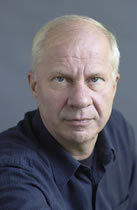
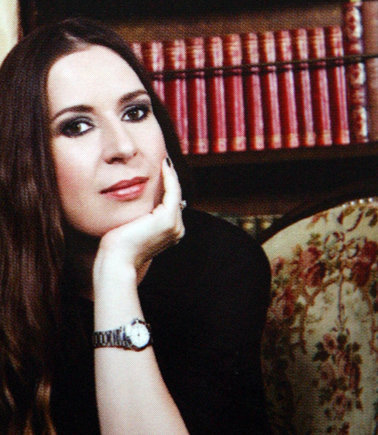
Dailės istorikė dr. Kristina Sabaliauskaitė gimė Vilniuje, nuo 2002 dirba Londone didžiausio Lietuvos dienraščio užsienio korespondente. 2008 m. debiutavo istoriniu romanu "Silva rerum" (leidykla "Baltos lankos"), tapusiu dešimties leidimų sulaukusiu bestseleriu ir pripažintu "literatūros įvykiu" Lietuvoje. Įvertintas kritikų ir kultūros istorikų, romanas skaitytojus pavergė autentišku, daugiasluoksniu, magišku ir įtraukiančiu pasakojimu apie XVII a. (1659-1667) atmosferą. 2009 m. "Silva rerum" tapo lietuviška Metų knyga 2010 m. kritikų oficialiai įvardinta viena iš dešimties įsimintiniausių dešimtmečio knygų 2008 m. Jurgos Ivanauskaitės premija 2009 m. Lietuvių literatūros instituto Kūrybiškiausių knygų dvyliktuke 2011 m. "Baltos lankos" išleido "Silva rerum II", nekantriai lauktą, septynių laidų sulaukusį tęsinį apie 1707-1710 Didijį Marą, tapusį perkamiausia knyga Nr. 1. 2011 m. Kristina Sabaliauskaitė Vilniaus miesto apdovanota "Šv. Kristoforu" "Už Vilniaus atspindžius literatūroje" 2011 m. "Silva rerum II" tapo lietuviška Metų knyga

